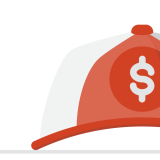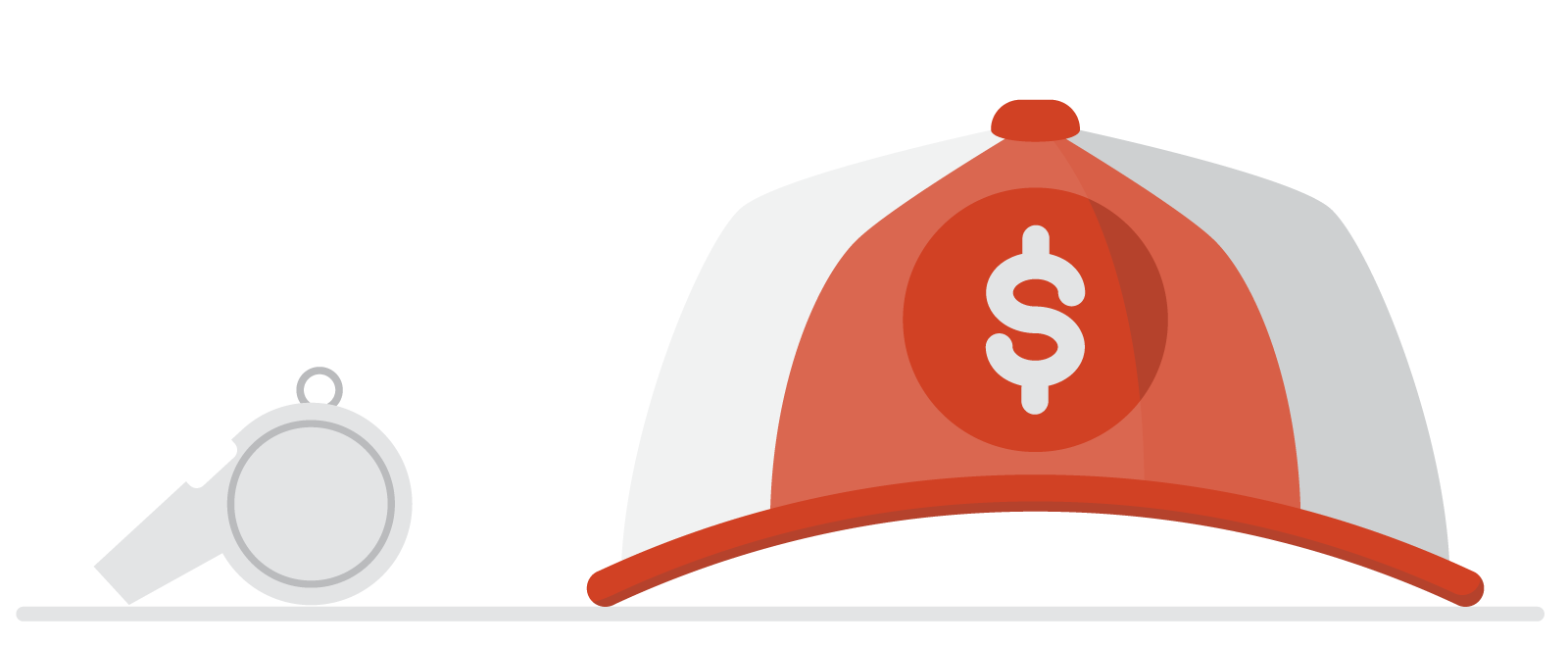We talked to people across the country about financial well-being and what it means to them. Many people told us that financial well-being means:
- Feeling in control of day-to-day finances.
- Having a safety net to help stop a financial shock from turning into a long-lasting setback, and
- Staying on track to meet financial goals while also having the freedom to enjoy life, which means different things to different people. For some that means taking a vacation, for others it’s about going out to eat, and for others it could mean working less to spend more time with family.
At the CFPB, we believe all consumers have the right to achieve greater financial wellbeing for themselves and their families. That’s why we’ve studied a promising approach to financial education: financial coaching.
How financial coaching helps consumers
Earlier this week, the Urban Institute released a study we commissioned, which found that financial coaching can help increase financial well-being.
The study analyzed two different coaching programs serving low and moderate-income consumers – Branches, a faith-based social services organization in Miami and the Financial Clinic, a non-profit financial services organization in New York City. Financial coaching is customized to meet each person’s goals, and the study found that coaches can help people achieve financial outcomes that are most relevant to their own situation. The study showed that on average, people offered access to financial coaching:
- Increased savings by almost $ 1,200 in New York City
- Reduced debt by over $ 10,000 in Miami
- Increased credit scores by 21 points in New York City
- Were more likely to pay bills on time
- Reported an increased sense of confidence in their finances and reduced feelings of financial stress
Check out the study here to learn more about these financial coaching programs and how they serve consumers.
So, what does a financial coach do?
Financial coaches can help you address concerns by assisting you in defining your own personal financial goals as well as the steps you need to take to meet your goals. Financial coaches usually meet with clients one-on-one, and can help you:
- Determine and define your financial goals
- Develop concrete plans to meet those goals
- Provide support over time as you work toward your goals
Our financial coaching initiative
The CFPB has a financial coaching initiative that provides guidance to recently-transitioned veterans and vulnerable families in places where they’re already going for assistance. We’ve joined forces with the Department of Labor (DOL) and more than two dozen non-profit social-services providers to place certified coaches in DOL American Job Centers and community-centered non-profits across the country.
This article by Janneke Ratcliffe was distributed by the Personal Finance Syndication Network.
Personal Finance Syndication Network

